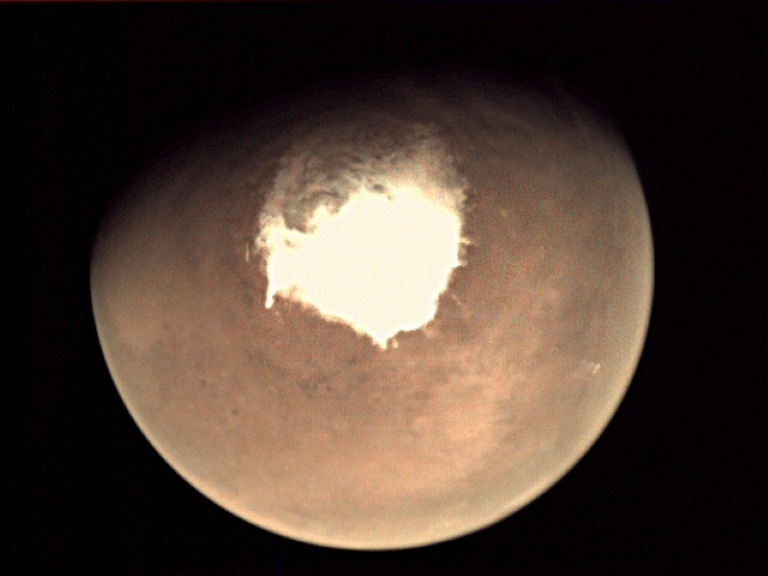
WASHINGTON: The mystery of the Martian methane continues.
Nasa's Curiosity Rover last week detected the highest ever levels of the colorless, odorless gas over the course of its seven year mission on the Red Planet, raising hopes it could be evidence of the existence of microbial life.
But a follow-up experiment this weekend found the methane had returned to background levels, Nasa said Tuesday, suggesting the temporary spike was caused by one of a number of transient plumes observed by Curiosity in the past.
Scientists have tracked a seasonal rise and fall in background methane levels but haven't been able to establish a pattern for the transient plumes.
"We're more motivated than ever to keep measuring and put our brains together to figure out how methane behaves in the Martian atmosphere," said Ashwin Vasavada, Curiosity's project scientist at Nasa's Jet Propulsion Laboratory.
Nasa added that Curiosity doesn't have instruments that can definitively say whether the source of the methane is a byproduct of living organisms or a result of geological phenomena.
One leading theory is that the methane is being released from underground reservoirs created by long extinct life forms.
Though Mars has no active volcanoes like on Earth, it is also possible that methane is being produced by reactions of carbon from carbonate rocks or carbon dioxide, with hydrogen from liquid water.